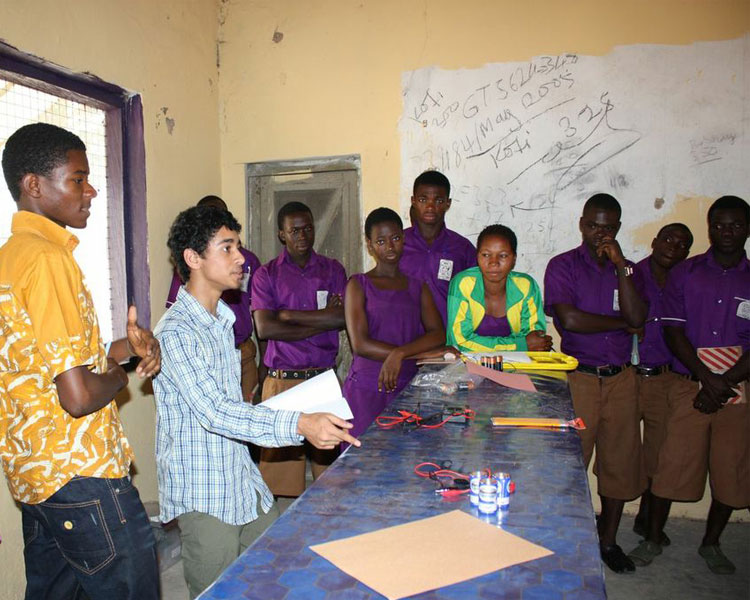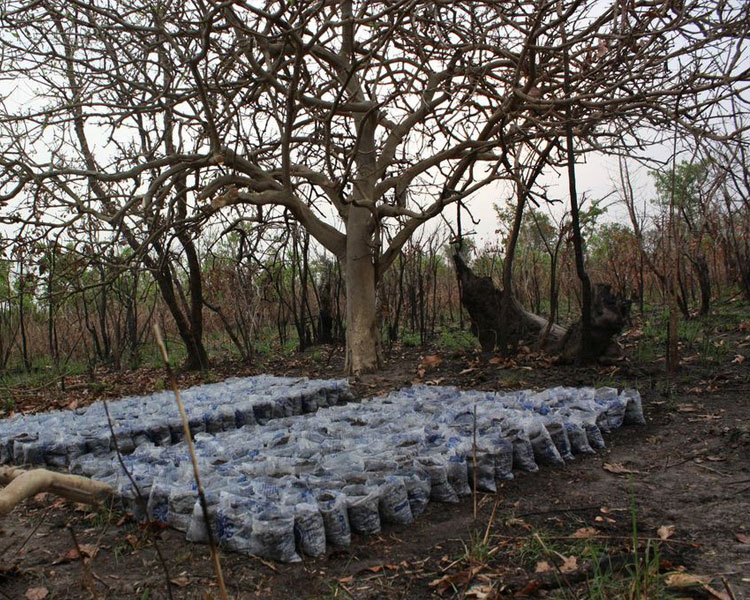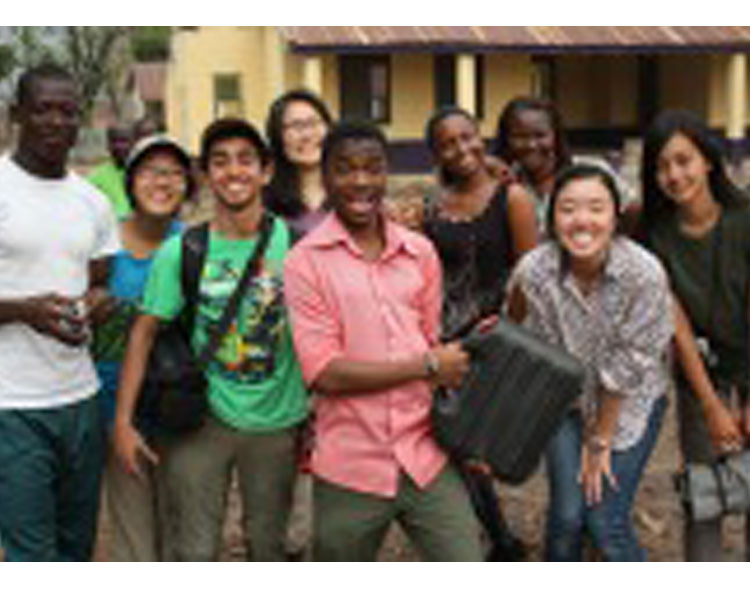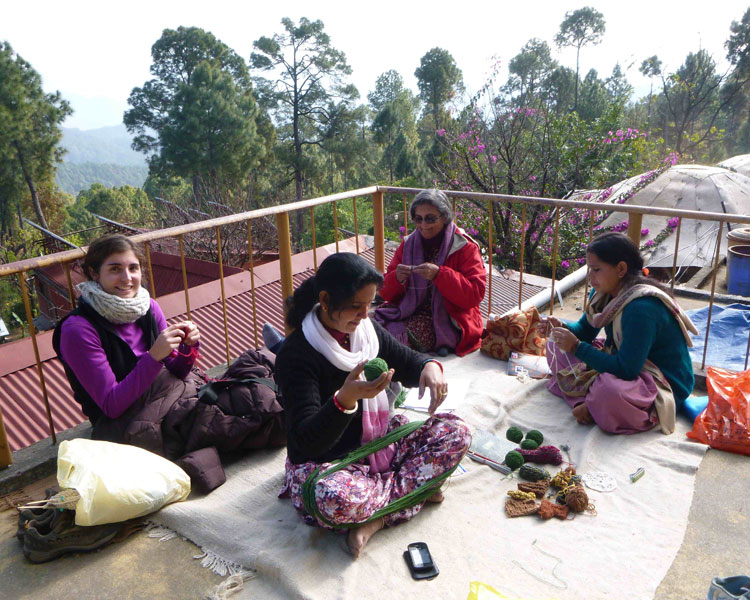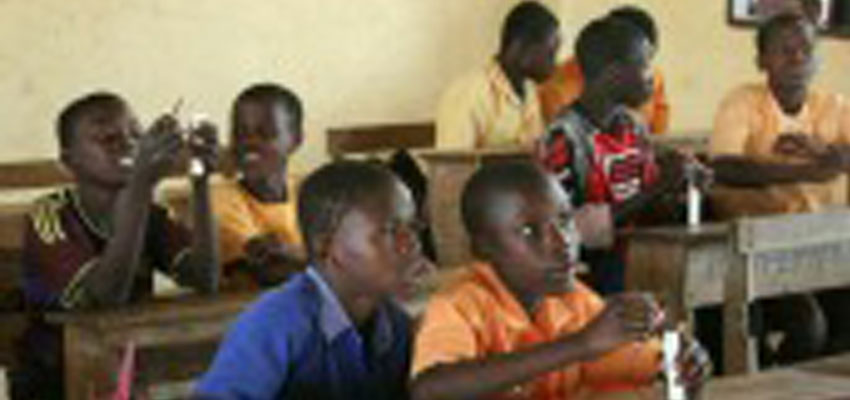
This January, I traveled to Ghana as part of a team of five D-Labbers to work with our partner schools in the community of New Longoro. The team collaborated with teachers to run hands-on science and design activities in three primary schools, two junior secondary schools, and the new senior secondary school that D-Lab helped to start.
In response to requests from the teachers, the team is also:
1) exploring how to start a community library headquartered in one of the primary schools, as there is no library in the region and the schools currently only have a few textbooks (no storybooks)
2) laying the groundwork for a science laboratory, stocked mostly with low-cost materials found nearby, for teachers to use to reduce the set-up time burden when doing hands-on science activities with their students
3) exploring income generation options to increase school sustainability and provide a funding source for supplies to do hands-on activities (did some market research on the possibilities of goat farming and mushroom farming, and planted 415 moringa tree seedlings with plans to sell what is produced to MoringaConnect down the line)
This work is being continued by three team members after the January trip, another team led by Amy Smith who is going to New Longoro to April, and a new team of students from this spring's D-Lab: Education class preparing to travel in August-September with the Practical Education Network.
--------
In India, this year's D-Lab: Development class team traveling during IAP was joined by a student from last spring's D-Lab: Education class. They were working with partner organization Avani in Uttarkhand, including their EarthCraft cooperative (pictured to the left) and a school started for the children of the members of the cooperative. Lisa from D-Lab: Education worked closely with the teachers at the school, Harendra and Radha. She is now working to transition her project to be continued by other D-Lab students.
--------
The D-Lab: Education class, started last year, is on to version 2.0! We've adapted the class based on student and partner feedback, and are now in the midst of supporting four new student teams to work on projects in spring 2014:
1) Supporting FATEM, an organization that works with a network of 14 government schools in Haiti, in figuring out how to better share projects for school sustainability, like chicken farming and biodigesters, so that schools in other communities can adapt the lessons learned to their own contexts.
2) Working with a community school in Colombia that Pedro, a D-Lab: Education instructor, has been working with for many years.
3) Continuing to support the science teachers in New Longoro, Ghana with doing hands-on activities and using the new low-cost laboratory, and sharing this with the Ghana Association of Science Teachers so that teachers in other parts of the country can learn from what works.
4) Working with the Kasiisi Project and their network of government primary schools around the Kibale National Forest in Uganda to support teachers in doing more interactive activities that nurture the creativity of students.
We are excited to see what the students accomplish together with their partners this semester! Each team is also planning to travel to work with their partner during the summer. To find out about design reviews for these projects, when students share their work and get feedback, please email d-lab-education@mit.edu.
To join our weekly seminar series, hosting special guests working in international education for informal discussions, please sign-up for the mailing list here. We meet on Fridays from 2-3pm in D-Lab. Thanks!
